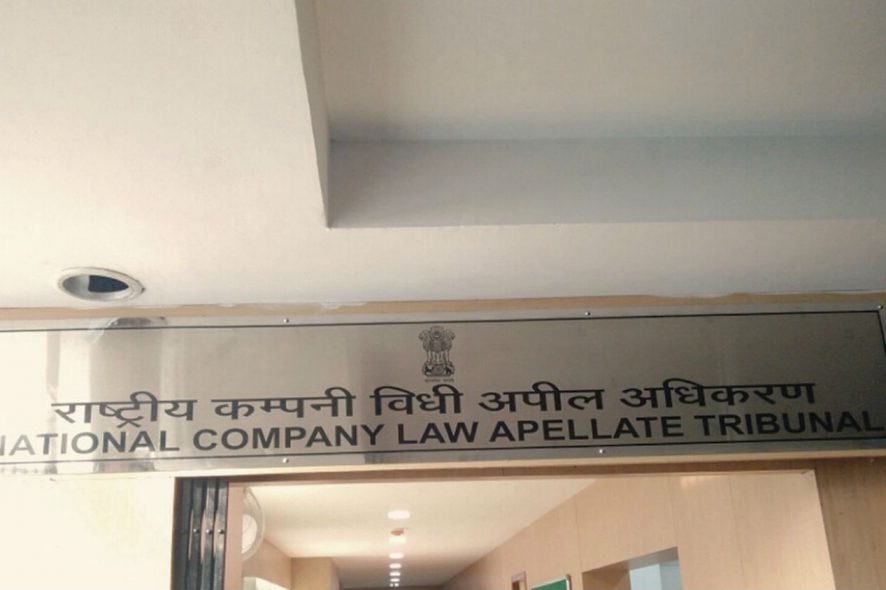National Company Law Appellate Tribunal– A Coram of Bansi Lal Bhatt, J. (Acting Chairperson) and Dr Ashok Kumar Mishra (Technical Member) ordered for initiation for liquidation of the Corporate Debtor, while setting aside the impugned order passed by the Adjudicating Authority. Further held, “…that neither the Adjudicating Authority nor the Appellate Authority is supposed to look into the commercial wisdom of ‘Committee of Creditors’ (CoC)…”.
To state the facts briefly, an application under Section 7 of the Insolvency and Bankruptcy Code, 2016 (Code) was filed by SREI Infrastructure Finance Limited (also the financial creditor), and the Adjudicating Authority had accepted the petition in respect of the Corporate Debtor (M/s. K.S Oils Ltd.) and ordered for Corporate Insolvency Resolution Process (‘CIRP’). Since the maximum statutory period of 270 days concluded without a Resolution Plan approved by CoC, the Resolution Professional (RP), the appellant, filed an Intervention Application to consider passing of orders for liquidation of the Corporate Debtor under Chapter –III of the Code. However, the Adjudicating Authority asked the RP to consider subsequent addendums which were rejected by the CoC repetitively. State Bank of India, one of the CoC members filed an appeal before the Appellate Tribunal on the ground that Adjudicating Authority has not adhered to the timelines of CIRP and has not passed liquidation order even after completion of maximum period allowed under CIRP requiring Adjudicating Authority under Part-III of the Code for initiation of Liquidation. Therefore, even after the lapse of 981 days and repeated compliance by the RP of the direction of the Adjudicating Authority, no initiation of liquidation was considered.
The Coram was of the opinion, “…No doubt, reorganisation and Insolvency Resolution is the prime purpose of the Act but with a rider in a time bound manner as well as maximization of the value of assets of such Corporate Debtor. This also suggests that the need for giving multiple opportunities to the sole Resolution Applicant is not warranted to defeat the very purpose of the Act…”. Also, “…It is unfortunate to observe that even after the lapse of 981 days and repeated compliance by the RP of the direction of the Adjudicating Authority; the Adjudicating Authority has not yet considered initiation of Liquidation as per Section 33 / Chapter –III of the Code…”. While rejecting the Intervention application, it was of the opinion that accepting it , “will violate the principles of natural justice as the Code and the Regulator IBBI has prescribed a process for selection of Resolution Applicant which initially starts with Invitation for Expression of Interest (EOI) followed by Information Memorandum, Evaluation Matrix and a request for Resolution Plan in accordance with Chapter –X of IBBI (Insolvency Resolution Process for Corporate Persons) Regulations, 2016”. Further made it abundantly clear that, “time is the essence of the Code. The Adjudicating Authority naturally, is to keep this factor in mind”.
Further held that, “we are no way inclined to allow the Intervention Application and accordingly, the Intervention Application is rejected at the very threshold”. Due regards were even given to the fact that the global pandemic could have acted as a possible hindrance but allowing repeated reference of Resolution Applicant for the consideration when CoC kept rejecting the variants. And thus initiated the processing for liquidation, and appointed the appellant, Insolvency Professional as the liquidator.[Kuldeep Verma v. State Bank of India, 2021 SCC OnLine NCLAT 36, decided on 16-03-2021]







